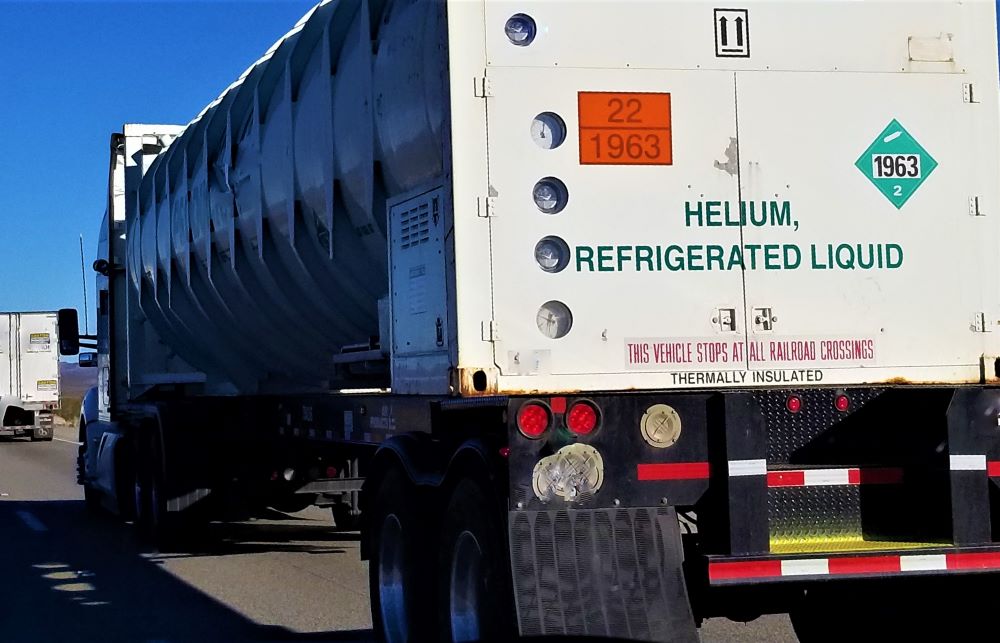I agree to the Terms & Conditions


General
General Products
Simple & Transparent! Policies that match all your insurance needs.


37K+ Reviews
7K+ Reviews
Scan to download
Life
Life Products
Digit Life is here! To help you save & secure your loved ones' future in the most simplified way.


37K+ Reviews
7K+ Reviews
Scan to download
Claims
Claims
We'll be there! Whenever and however you'll need us.


37K+ Reviews
7K+ Reviews
Scan to download
Resources
Resources
All the more reasons to feel the Digit simplicity in your life!
 Tools & Calculators
Tools & Calculators


37K+ Reviews
7K+ Reviews
Scan to download
37K+ Reviews
7K+ Reviews
 Logout
Logout
Our WhatsApp number cannot be used for calls. This is a chat only number.


2000+ Cashless
Network Garages
96% Claim
Settlement (FY23-24)
24*7 Claims
Support
I agree to the Terms & Conditions

Terms and conditions

Refrigerated trucks, commonly known as reefer trucks, are pivotal in transporting temperature-sensitive goods across various industries.
Whether you're in the food industry, pharmaceuticals, or any other sector requiring the transport of perishable items, these specialised vehicles are essential.
In this article, we will learn more about refrigerated trucks, exploring what they are, the different types available, their benefits, and their common uses.
Also, keep in mind to protect your truck with a truck insurance policy in the event of an undesirable situation.
A refrigerator truck, or reefer truck, is a specially designed vehicle with a refrigeration unit to maintain a controlled temperature within its cargo compartment. These trucks are crucial for transporting perishable goods such as fresh produce, dairy products, pharmaceuticals, and certain chemicals.
The temperature inside the truck can be adjusted to suit the specific requirements of the cargo, ensuring that it arrives at its destination in optimal condition.
Let's explore the diverse types of refrigerated trucks, each tailored to meet specific transportation requirements. Here are the five types:
These trucks are customised to meet the unique requirements. Pharmaceutical refrigerated trucks are designed to transport temperature-sensitive medications, while floral refrigerated trucks are for flower delivery, maintaining a specific humidity level. Specialised refrigerated trucks come in various sizes tailored to specific industries.
These trucks strike a balance between insulation and freezing capabilities. They are ideal for transporting goods that require temperatures below freezing, such as fresh fruits and vegetables. Semi-freezer trucks are typically larger, ranging from 48 to 53 feet long and height of 13.5 feet.
These trucks are designed to maintain sub-zero temperatures, making them suitable for transporting frozen goods like ice cream, meat, and seafood. They have powerful refrigeration units to ensure the cargo stays frozen. Full freezers are often larger, with lengths ranging from 48 to 53 feet and height of 14 feet.
Chiller conversion trucks can be customised as either chillers or freezers, offering flexibility in transporting various goods. The temperature can be adjusted to accommodate the specific requirements of the cargo. Chiller conversion trucks come in various sizes, similar to insulation vans.
These trucks have thick insulation layers. Insulation vans are typically used for transporting items that require temperature control but don't need to be frozen. Insulation vans are available in various sizes, with common lengths ranging from 8 to 40 feet and height of 8.5 feet.
Understanding the benefits of refrigerated trucks goes beyond acknowledging their role in temperature-controlled transportation. Here's a brief overview:

Understanding the common uses of refrigerated trucks provides insight into the diverse applications of these specialised vehicles across various industries.
Therefore, refrigerated trucks are indispensable tools for various industries, ensuring the safe and efficient transport of temperature-sensitive goods. With different types catering to specific needs and the ability to maintain precise temperature control, these trucks play a vital role in preserving product quality and minimising waste.
In addition, as mandated by law, acquire a third-party insurance policy, which will protect your truck in the event of an unanticipated event.
In India, a Tata 1512 LPT 4200/Refrigerated Truck costs roughly ₹ 27.65 Lakhs*. Additionally, Truck Junction may offer you the on-road cost of a Tata 1512 LPT 4200/Refrigerated Truck in your city.
In India, a Tata 1512 LPT 4200/Refrigerated Truck costs roughly ₹ 27.65 Lakhs*. Additionally, Truck Junction may offer you the on-road cost of a Tata 1512 LPT 4200/Refrigerated Truck in your city.
The following Freon refrigerants are essential for transportation refrigeration: Freon 134a - R-134a, HFC-134a, R-452A and R-404A are a few common refrigerants.
The following Freon refrigerants are essential for transportation refrigeration: Freon 134a - R-134a, HFC-134a, R-452A and R-404A are a few common refrigerants.
Only off-road vehicles are permitted to use a particular kind of diesel known as reefer fuel. To easily distinguish it from regular diesel, this diesel has been coloured red.
Only off-road vehicles are permitted to use a particular kind of diesel known as reefer fuel. To easily distinguish it from regular diesel, this diesel has been coloured red.
Please try one more time!
Other Important Articles About Truck
Other Important Articles about Commercial Vehicle Insurance
Have queries related to Digit motor insurance policy? You can refer to our Policy Wordings for detailed information or reach out to our support team via WhatsApp self-support, email or phone using the information below:
Connect with our self-serve chat bot support - 7026061234
Write to us at hello@godigit.com
Contact
Call us on 1800-258-5956
Other Motor Insurance Plans and Guides
Currently there are no news to show.
Read More
Renew & Download Policy Document, Check Challan, Credit Score, PUC & more
Anytime, Anywhere. Only on Digit App!

4.7
Rated App56K+ Reviews
4.7
Rated App
56K+ Reviews
4.3
Rated App11K+ Reviews
4.3
Rated App
11K+ Reviews
Scan to Download


Author: Team Digit
Last updated: 07-04-2025
CIN: L66010PN2016PLC167410, IRDAI Reg. No. 158.
Go Digit General Insurance Limited | Corporate Office Address: Atlantis, 95, 4th B Cross Road, Koramangala Industrial Layout, 5th Block, Bengaluru 560095 | Registered Office Address: 1 to 6 floors, Ananta One (AR One), Pride Hotel Lane, Narveer Tanaji Wadi, Shivaji Nagar, Pune-411005, Maharashtra | Trade logo of Go Digit General Insurance Ltd. displayed above belongs to Go Digit lnfoworks Services Private Limited and is provided and used by Go Digit General Insurance Ltd. under license.
Explore exclusive features, file claims & access policy on Digit App!
You can also scan this QR code to download the App.